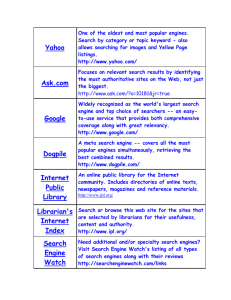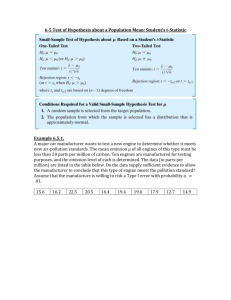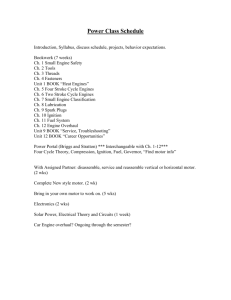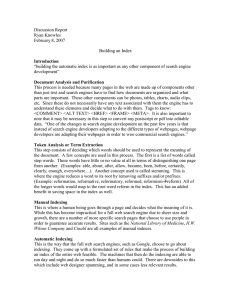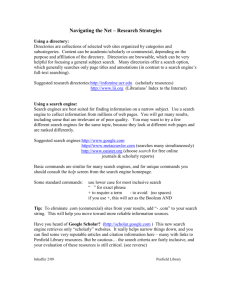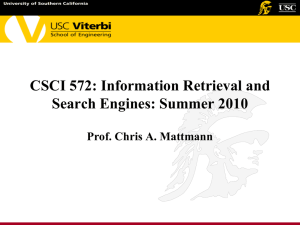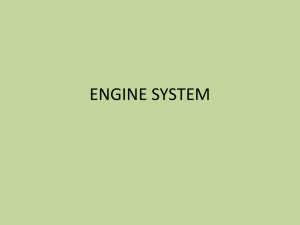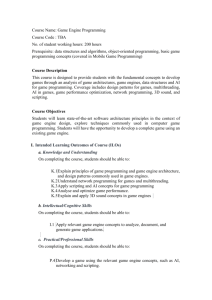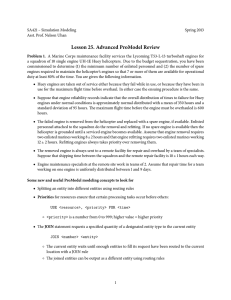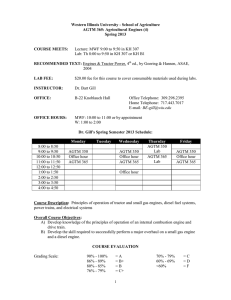Small Engines Syllabus - Greenbush Middle River School District
advertisement
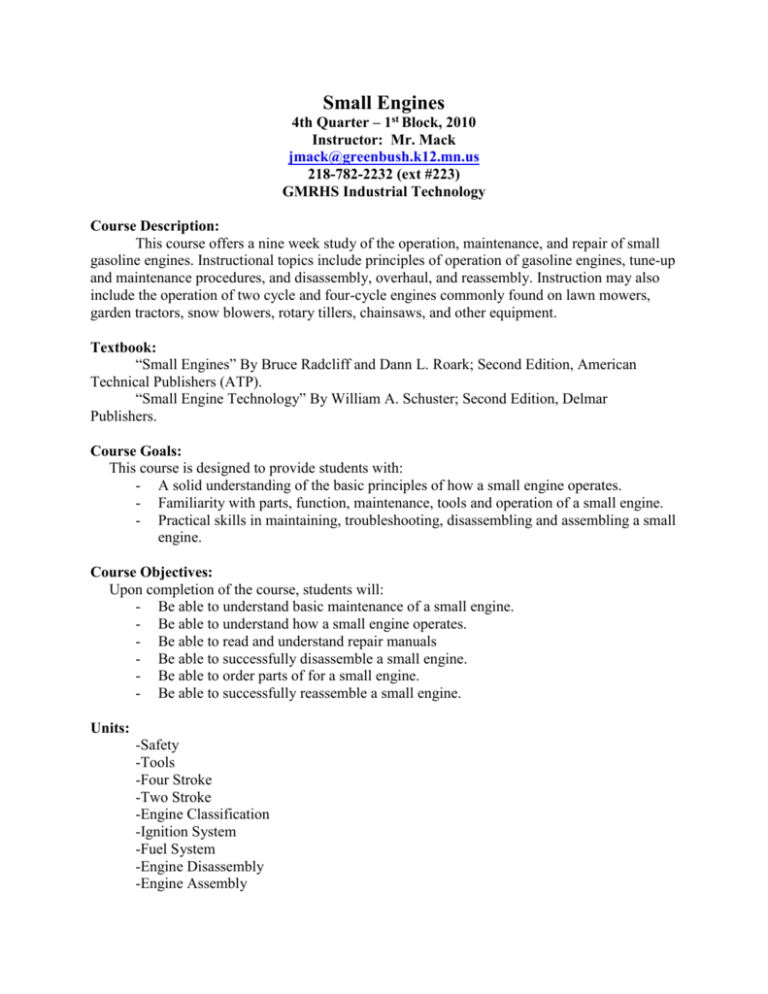
Small Engines 4th Quarter – 1st Block, 2010 Instructor: Mr. Mack jmack@greenbush.k12.mn.us 218-782-2232 (ext #223) GMRHS Industrial Technology Course Description: This course offers a nine week study of the operation, maintenance, and repair of small gasoline engines. Instructional topics include principles of operation of gasoline engines, tune-up and maintenance procedures, and disassembly, overhaul, and reassembly. Instruction may also include the operation of two cycle and four-cycle engines commonly found on lawn mowers, garden tractors, snow blowers, rotary tillers, chainsaws, and other equipment. Textbook: “Small Engines” By Bruce Radcliff and Dann L. Roark; Second Edition, American Technical Publishers (ATP). “Small Engine Technology” By William A. Schuster; Second Edition, Delmar Publishers. Course Goals: This course is designed to provide students with: - A solid understanding of the basic principles of how a small engine operates. - Familiarity with parts, function, maintenance, tools and operation of a small engine. - Practical skills in maintaining, troubleshooting, disassembling and assembling a small engine. Course Objectives: Upon completion of the course, students will: - Be able to understand basic maintenance of a small engine. - Be able to understand how a small engine operates. - Be able to read and understand repair manuals - Be able to successfully disassemble a small engine. - Be able to order parts of for a small engine. - Be able to successfully reassemble a small engine. Units: -Safety -Tools -Four Stroke -Two Stroke -Engine Classification -Ignition System -Fuel System -Engine Disassembly -Engine Assembly Course Requirements: - Come to class prepared (notebook and pencil) - Wear Safety glasses at all times in the shop - Follow shop safety rules - Respect fellow classmates and instructor - Participate in class activities and daily cleanup - Work in timely and safe manner. - Be to class on time - Ask questions if you don’t understand - Students with a disability that might affect their performance in this class are encouraged to contact the instructor at the beginning of the course - Complete all class activity assignments - A day without glasses is an unexcused absence - Students attendance is mandatory for course credit Grading Policy: Grades are earned through an accumulation of points throughout the semester. Points will be weighted in each category as listed below: (Extra Credit is also unavailable) Assignments Attendance and Participation Tests and Quizzes 45% 40% 15% Course Evaluation: The course will use activities and assignments related to the subject area. Evaluation of this course will be based on classroom assignments, tests, notebooks, and daily attendance. The grading scale is as follows: A = A- = B+ = B = B- = C+ = C = C- = D+ = D = D- = F = 93-100% 90-92% 88-89% 83-87% 80-82% 78-79% 73-77% 70-72% 68-69% 63-67% 60-62% 0-59%
